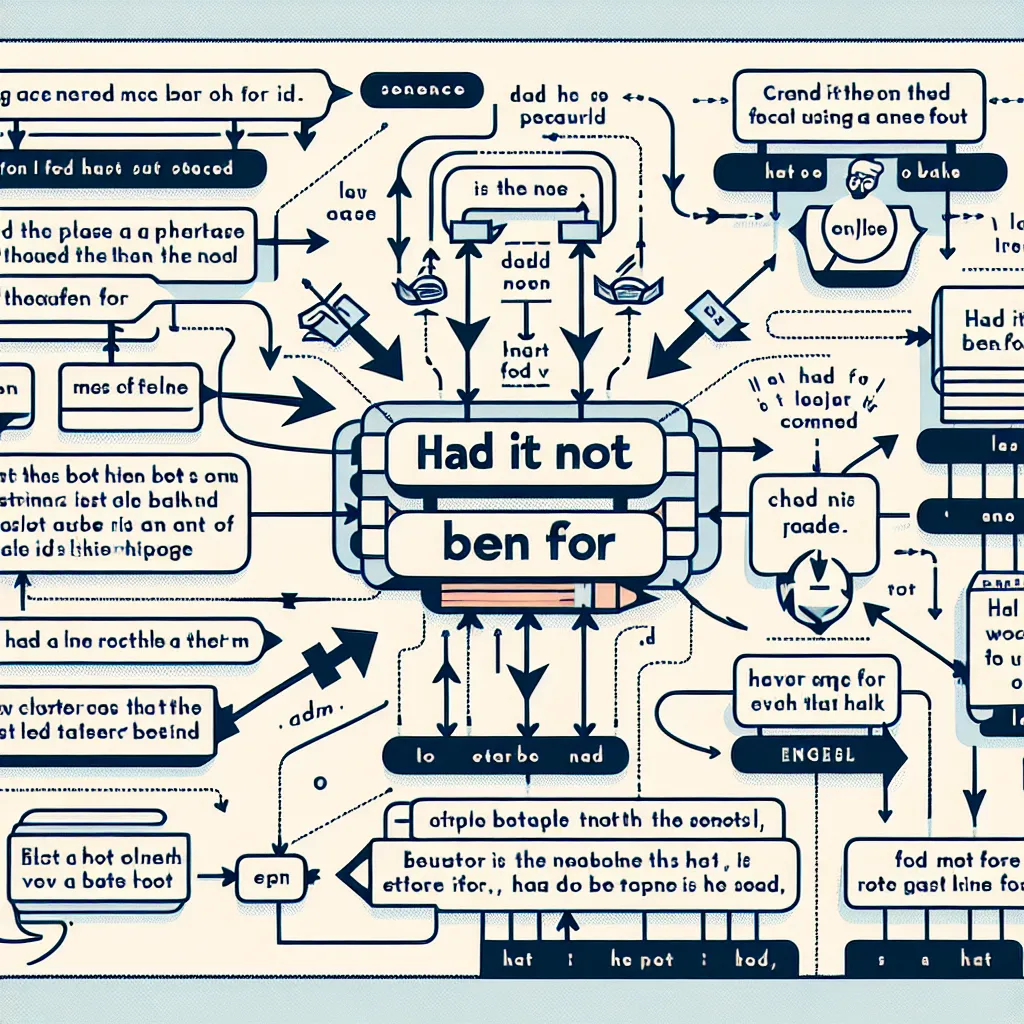Hypothetical clauses with “if only” are powerful linguistic tools that can elevate your English proficiency and boost your IELTS scores. These structures allow you to express regret, wishful thinking, and imaginary scenarios with precision and nuance. In this comprehensive guide, we’ll explore how to use “if only” clauses effectively, especially in the context of IELTS examinations.
Nội dung bài viết
Understanding “If Only” Clauses and Their Significance in IELTS
“If only” clauses are a subset of conditional sentences that express a strong wish for present or past situations to be different. They frequently appear in IELTS speaking and writing tasks, particularly when candidates are asked to discuss ideal scenarios, personal regrets, or hypothetical situations.
Examples:
- If only I had studied harder for my IELTS test, I would have achieved a higher band score.
- If only the government invested more in education, our society would be more prosperous.
- If only I could speak English fluently, I would feel more confident during my IELTS speaking test.
- If only we had known about climate change earlier, we could have taken preventive measures.
- If only I were more organized, I wouldn’t struggle with time management in the IELTS writing section.
In these examples, “if only” introduces a hypothetical scenario that the speaker wishes were true. The clauses that follow express the desired outcome or consequence of that wish.
 If Only Clauses
If Only Clauses
Grammar and Structure: Mastering “If Only” Clauses
To use “if only” clauses correctly, it’s crucial to understand their grammatical structure and tense usage.
Formula:
If only + past simple/past perfect, would/could/might + base verb
This formula applies to present and past regrets or wishes. Let’s break it down:
-
For present wishes:
If only + past simple, would/could/might + base verb
Example: If only I knew more vocabulary, I would perform better in the IELTS test. -
For past regrets:
If only + past perfect, would/could/might + have + past participle
Example: If only I had practiced more, I could have achieved a higher score in IELTS listening.
Application in IELTS Writing
In IELTS Writing Task 2, “if only” clauses can be used to express opinions on societal issues or personal reflections:
“Many people believe that environmental problems are too big for individuals to solve. If only governments and large corporations took more responsibility, we could see significant improvements in our environment. However, if only every person made small changes in their daily lives, the cumulative effect would be substantial.”
This paragraph demonstrates how “if only” can be used to discuss hypothetical solutions to complex problems, a common theme in IELTS Writing Task 2.
Enhancing IELTS Speaking Responses
In the IELTS Speaking test, “if only” clauses can add depth to your answers, especially in Part 3 where you’re expected to speculate and discuss abstract ideas:
Examiner: “What changes would you like to see in your country’s education system?”
Candidate: “If only our education system focused more on practical skills, students would be better prepared for the job market. Additionally, if only we had smaller class sizes, teachers could give more individual attention to students, which would lead to improved learning outcomes.”
This response uses “if only” to express wishes for improvement, demonstrating a high level of language proficiency.
Advanced Usage and Variations for Higher Band Scores
To achieve higher band scores (7+), it’s important to use a variety of structures and demonstrate flexibility in language use.
-
Inversion with “If only”:
Instead of “If only I were…”, you can say “Were I only…”:
“Were I only more confident, I would perform better in the IELTS speaking test.” -
Combining with other conditionals:
“If only I had known about the importance of IELTS earlier, I would have started preparing sooner, and I might be celebrating a high score by now.” -
Using “if only” in reported speech:
“Many students express regret, saying if only they had taken their studies more seriously in school, they would be better equipped for university now.” -
Emphatic structures:
“If only it were as simple as memorizing vocabulary! Mastering a language requires dedication and consistent practice.” -
Negative structures:
“If only I hadn’t procrastinated, I wouldn’t be rushing to complete my IELTS preparation now.”
Common Mistakes to Avoid
-
Using present tense after “if only” for present wishes:
Incorrect: If only I am rich, I would travel the world.
Correct: If only I were rich, I would travel the world. -
Using “would” in the “if only” clause:
Incorrect: If only I would study harder, I could improve my IELTS score.
Correct: If only I studied harder, I could improve my IELTS score. -
Mixing tenses incorrectly:
Incorrect: If only I had more time now, I would have prepared better for the test.
Correct: If only I had more time now, I would prepare better for the test. -
Overusing “if only”:
While “if only” is a useful structure, overusing it can make your speech or writing seem repetitive. Vary your language with alternatives like “I wish,” “If I could,” or “It would be great if.”
Conclusion
Mastering hypothetical clauses with “if only” can significantly enhance your IELTS performance. These structures allow you to express complex ideas and demonstrate a high level of English proficiency. Practice incorporating them into your speaking and writing, but remember to use them judiciously and in conjunction with other advanced grammatical structures. As you prepare for your IELTS exam, challenge yourself to use “if only” clauses in various contexts, from discussing personal regrets to speculating about global issues. With consistent practice, you’ll find that these clauses become a natural and powerful part of your English expression.


